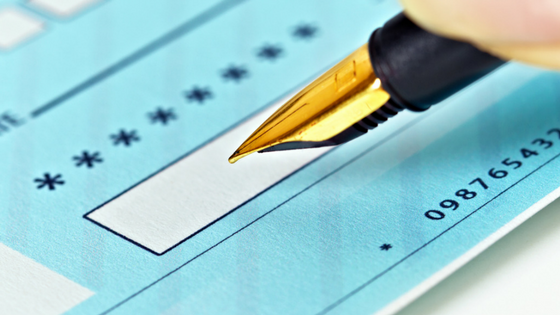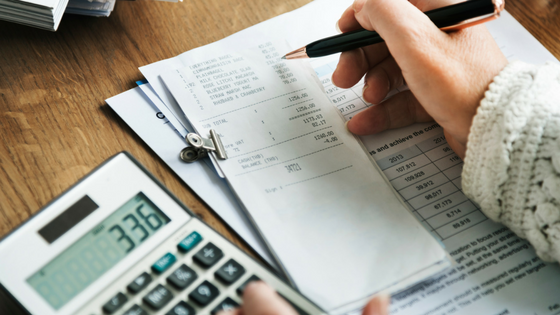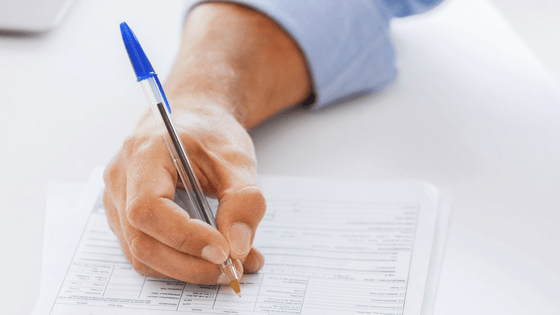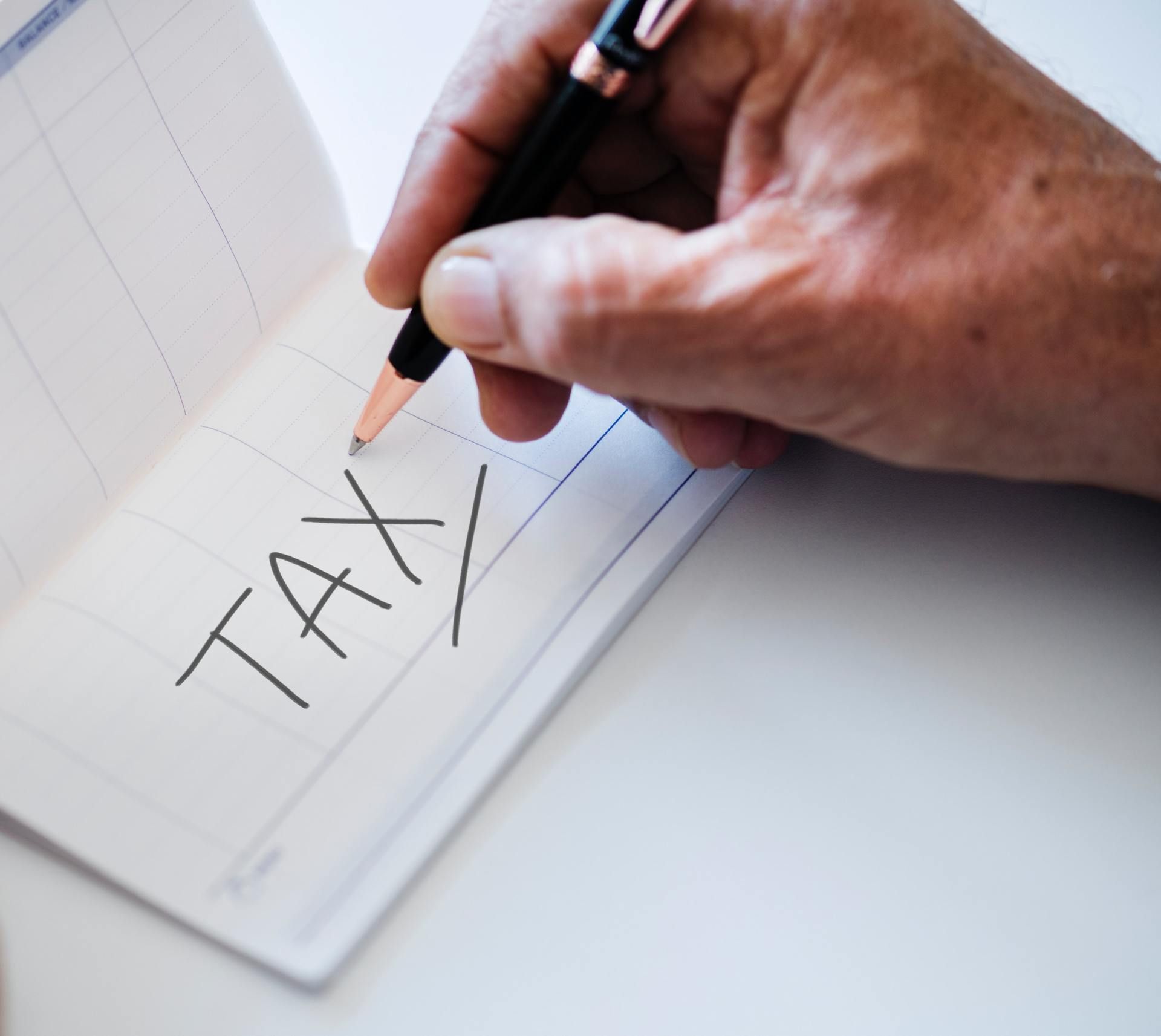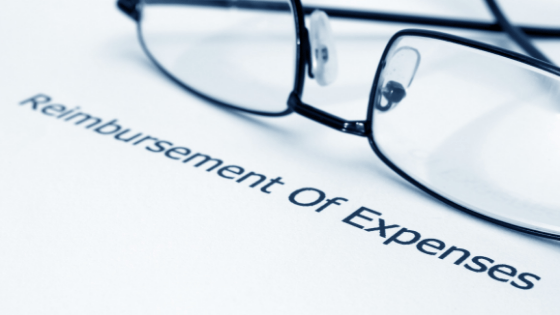Post Title
Author name
Without a doubt, the most common reason I have been given for the unfiled returns was the taxpayer not believing they have the funds to pay the amount due.

Should I file my tax return even if I don’t have the money to pay?
One of the most common tax problems I encounter is having unfiled tax returns. There are a lot of reasons why this happens, but many of them come from misconceptions held by the taxpayer. Without a doubt, the most common reason I have been given for the unfiled returns was the taxpayer not believing they have the funds to pay the amount due. Out of fear and hoping the problem could be dealt with later, the situation often snowballs and can end with you owing a lot more than you would have.
In almost every case, you should be filing your tax returns on time, whether you can pay what you will owe or not. There are many penalties you can be charged by the IRS, the highest of which is for not filing your return.
Up to 25% of taxes owed as Penalty for Failure-to-File your return
Failure to file your tax return on time, even one day late, will have a minimum penalty of 5% of the amount of taxes you owe. This means if you are one day late filing your return and owed $10,000, now you owe $10,500.
The penalty increases at 5% per month late until hitting a maximum of 25%. This means if you file your tax return late by more than five months and owed $10,000, now you will owe $12,500.
This is quite a steep and easily avoidable penalty. Can you imagine how easily this can pile up with multiple years of unfiled returns?
Up to 25% Penalty for not paying your taxes on time
Not paying your taxes on time carries its own set of penalties. While the penalty for not paying the tax can also be 25% of the amount of unpaid taxes, it accrues much slower, at 0.5% per month.
If you pay your taxes 6 months late, you are looking at a 3% penalty, and this is substantially less than the 25% penalty you would get on top of this if you also filed the return 6 months late.
How do Extensions affect the Failure-to-file and Failure-to-Pay Penalties?
Most people are away, and they extend their tax filing deadline by 6 months. By filing a simple form, you get an extra 6 months before your return is due.
What many people fail to understand is that the date your taxes were due to be paid does not get extended. Many taxpayers are surprised when filing – after their extensions – and paying their taxes due to receive letters from the IRS, demanding penalties and interest.
Are there any exceptions for these penalties if you file and pay late?
Yes, there are two main ways a taxpayer can get relief from these penalties.
1)The IRS will waive these penalties if there is a reasonable cause for not filing and/or paying on time.
There is a set of circumstances and situations provided by the IRS, where it will consider waiving these penalties. Below is a link to their website, where they discuss in detail the subject.
https://www.irs.gov/businesses/small-businesses-self-employed/penalty-relief-due-to-reasonable-cause
2)Penalty abatement - Even if there is not a reasonable cause for the delay in filing and paying your taxes, you may be able to get the IRS to abate (remove) some or all of the penalty.
If you have filed and paid on time the preceding 3 years, have currently filed all required tax returns and paid or made arrangements to pay all taxes due, then you can get a one-time abatement of penalty.
More information on penalty abatement in the link below.
Bottom line – it is much more expensive not to file your tax returns on time than it is not to pay them on time. Deal with getting them filed first; there are many ways to address paying the amounts owed over time. Don’t let a bad situation get worse.
If you have unfiled tax returns or are concerned about getting your taxes filed in time for the upcoming deadline, reach out to us today for a free consultation.


